On January 17th 2014, President Yoweri Kaguta Museveni of Uganda wrote an eight pager, livid letter to the Speaker of the Ugandan Parliament. He criticised the parliament for ignoring his advise and passing the Anti-Gay bill; an issue, in his eyes, being pushed by a small group of MPs, which should be shelved until further notice. According to his spokesperson, the president was planning to push other lawmakers from his ruling National Revolutionary Movement (NRM) to reject the bill in the forthcoming party’s convention. The Daily Monitor, the leading Ugandan newspaper and the BBC, both headline the story: Museveni blocks Anti-Homosexuality Bill![1]
One month latter, President Barrack Obama of the United States made a public statement, warning Museveni that if the bill was passed, it would hurt the relations between Uganda and the United States[2]. A few days later, Museveni organised an unprecedented ceremony at statehouse, invited all the media and solemnly signed the Anti-gay bill in to law. Just like that, all efforts and hopes of human rights activists were crushed and the fate of Ugandan sexual minorities sealed.
Before the act, Article 31(2) (a) of the Constitution of Uganda provided that ‘Marriage between persons of the same sex is prohibited’.[3] Section 145 of the Penal Code Act[4] also criminalised ‘unnatural offences’ in these terms: Any person who:
- has carnal knowledge of any person against the order of nature; or
(c) permits a male person to have carnal knowledge of him or her against.
Much of Museveni’s letter to the speaker of parliament had focussed on procedural issues, conveniently highlighting the lack of quorum while passing the bill: ‘what sort of Parliament is this? How can Parliament be the one to break the Constitution and the Law repeatedly?’ wondered a visibly sneering president. President Museveni had advised that criminalising homosexuals was neither the solution nor the priority in Uganda: ‘the rescue for homosexuals is first and foremost, economic, focusing on rapidly industrialised Uganda, modernisation of agriculture… Even with legislation, they will simply go underground and continue practicing homosexuality or lesbianism for mercenary reasons’ he had written.
So what caused his change of mind and urgent need to sign the bill into law, in a spectacular fashion? Put otherwise, what choice did Museveni really have? ‘Watching Museveni speak to the press before a publically televised signing of the Anti Homosexuality Bill (AHB), I felt sympathetic to him even though I disagreed with his action.’ Wrote Andrew Mwenda of the Independent, in an article he titled: ‘How Obama played Museveni’s hand’[5]. Many analysts believe that by publicising the Anti-homosexuality debate in Uganda, and having the Ugandan public ‘calling for blood’, the decision to criminalise or not, was clearly taken away from him. By blaming the quorum in parliament, he had found an elegant way of blocking the bill without causing public anger – and potentially alienating votes. After Obama’s statement, the issue ceased to be about LGBTI, and became a matter of national sovereignty.
Museveni is no fool; he is a political animal, alert both to political temperatures within his country, and to global geopolitical realities. His personal beliefs on homosexuals aside, his conundrum was to satisfy the international community without angering his constituency. That was without counting on the missteps and, to some extend, arrogance of the former.
While the perception that homosexuality is not African could not be far from the truth, it helps many on the African continent feel good about themselves. Amnesty International alleges the existence of a 2000-year-old painting in Zimbabwean caves depicting male-to-male sex. Still, two third of African countries criminalise Homosexuality, some going as far as providing for capital punishment.[6]
Within the East African Community, the last five years have been particularly worrisome for the pro-LGBTI activists. Indeed, Uganda[7], South Sudan[8] and Burundi[9], have all recently reinforced their sentences against LGBTI groups, while Kenya[10] and Tanzania[11] maintained anti-homosexuality provisions in their laws.
Therefore, while the decision to sign the bill was unpopular internationally, many in the region hailed Museveni for a bold decision to protect Uganda from imported ‘western immoralities’. Ironically, most of these African politicians who congratulated him, may not even hate homosexuals. Some are secretly gay, or secretly have gay children. They did it either ‘to fit in’, or to approve of his cheek towards Obama.
Earlier on, the Burundian president, after signing a similar anti-homosexuality bill into law, quickly vowed to have LGBTI released, should they be imprisoned as its result.
It is against that backdrop that we should look at Rwanda’s cautious approach. ‘If you want peace, leave those matters. Ask other questions!’ warned the president of the Rwandan Senate to a journalist who had brought up the issue of LGBTI in a press conference.
Rwanda is very comfortable advancing rights of LGBTI groups on the international scene, than it is on local scene. For exemple, unlike many African countries and certainly all regional countries, Rwanda refrained from opposing a Resolution of the United Nation’s Economic and Social Council (UN-ECOSOC), to grant consultative status to the NGO “International Gay and Lesbian Human Rights Commission (IGLHRC).
The deputy to the Rwandan Representative to the United Nations made a truly compelling case for LGBTI at the UN Security Council. But the most of all was the bold and progressive decision to de-criminalise homosexuality.
Asked to comment on the issue of Homosexuals in a meeting in London, the Rwandan president chose appeasement: ‘On the issue of homosexuals […] We have laws already in place that cater for existence and co-existence of different categories and create harmony in society and, I think it looks like we are headed to leaving like that rather than heightening tensions and bringing out unnecessary conflicts and debates that will not help the rebuilding of our country’[12]
It appears that decriminalisation of homosexuality is rather unpopular on the African continent, and within the Rwandan society itself. Homophobia remains real within the Rwandan society. A telling example is the sharp division of the Rwandan civil society on the issue. Some non-governmental organisations even went out of their way to criticise their pro-LGBTI colleagues, publicly accusing them of accepting bribery from western donors to push a western agenda.
This careful position thus adopted by Rwanda has to be seen in context. Rwanda is a poor and small country in the midst of East Africa. It is a country that cannot afford to anger the international community, just as much that it is eager to earn its place among its African peers.
It is also a country that has a strong and progressive president, who is able to impose some decision, at times, against the approbation of other party leaders, and/or public opinion. But even he, may not go too far, and risk his legitimacy as a true defender of the people’s interests.
Another non-negligible factor is the distrust of the Rwandan people towards the international community. Indeed Rwandans by virtue do not trust the international community. First for letting them down during the genocide of Tutsis, and later for repeatedly cutting aid. This discourse has actually been instrumental to the creation of the ‘agaciro’ concept: dignity, self-reliance, Rwandanness – a very popular discourse en vogue in Rwanda.
All these factors make it rather tricky for Rwandan politicians to take a leading role in publicising its ‘enlightened’ position on LGBTI rights in the country and in the region. Rwanda also remains vulnerable to regional pressures. As one the newest and most zealous members of the East African Community, all its socio-economic prowess have been broadly appreciated by fellow east-Africans and it intends to continue enjoying that general approbation. As a post-conflict, post-genocide country, frequently criticised for lack of freedoms, it is not in a position to give human rights lessons to big brothers Kenya, Tanzania and Uganda; the founding members.
This assessment will sound disappointing to activists and adepts of the ‘victims, savages and saviour’[13] wholesale definition of Africa, eager to use Rwanda as a beacon of ‘homophilia’ in a region of ‘savages’. But it is for the best; at least as far as Rwanda is concerned. While Rwanda is willing to champion gay rights at the UN tribune, it cannot afford to take too much regional credit for decriminalising homosexuality.
[1] ‘Museveni blocks anti-homosexuality bill’ Monitor of January 17th 2014, http://www.monitor.co.ug/News/National/Museveni-blocks-Anti-Homosexuality-Bill/-/688334/2148760/-/15lby8fz/-/index.html and http://www.bbc.com/news/world-africa-25775002.
[2] ‘Barack Obama warns Uganda’s Museveni over anti-gay bill’, BBC web article of 17 February 2014, http://www.bbc.com/news/uk-26219468.
[3] The Constitution of the Republic of Uganda (amendment) 2005.
[4] Penal Code of the Republic of Uganda (Amendment) Statute 1990.
[5] Andrew M. Mwenda ‘How Obama played Museveni’s hand’ Independent of 26 February 2014
[6] Amnesty International Report: ‘Making Love a Crime: Criminalization of Same-Sex Conduct in Sub-Saharan Africa’ June 24, 2013.
[7]The Uganda Anti-Homosexuality Act, 2014, Source: http://wp.patheos.com.s3.amazonaws.com/blogs/warrenthrockmorton/files/2014/02/Anti-Homosexuality-Act-2014.pdf.
[8] Section 248, source: http://www.sudantribune.com/IMG/pdf/penal_code_act_2008.pdf
[9] Article 567 of the Burundian Penal Code, Source: http://www.refworld.org/docid/4c31b05d2.html
[10] Article 162(a) of the Kenyan Penal Code, 2008, Source: http://www.kenyalaw.org/Downloads/GreyBook/8.%20The%20Penal%20Code.pdf
[11] Article 154 of the Tanzanian Penal Code, 1981, as revised to date. Source: http://www.un.org/depts/los/LEGISLATIONANDTREATIES/PDFFILES/TZA_penal_code.pdf
[12] Comments of the president on the Private Equity in Africa Summit, held in London in November 2009: Source: http://www.paulkagame.com/blog6.php
[13] Mutua, Makau W., ‘Savages, Victims, and Saviors: The Metaphor of Human Rights’ (2001). Harvard International Law Journal, Vol. 42, No. 1, pp. 201-245, 2001. Available at SSRN: http://ssrn.com/abstract=1525547


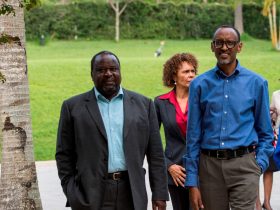




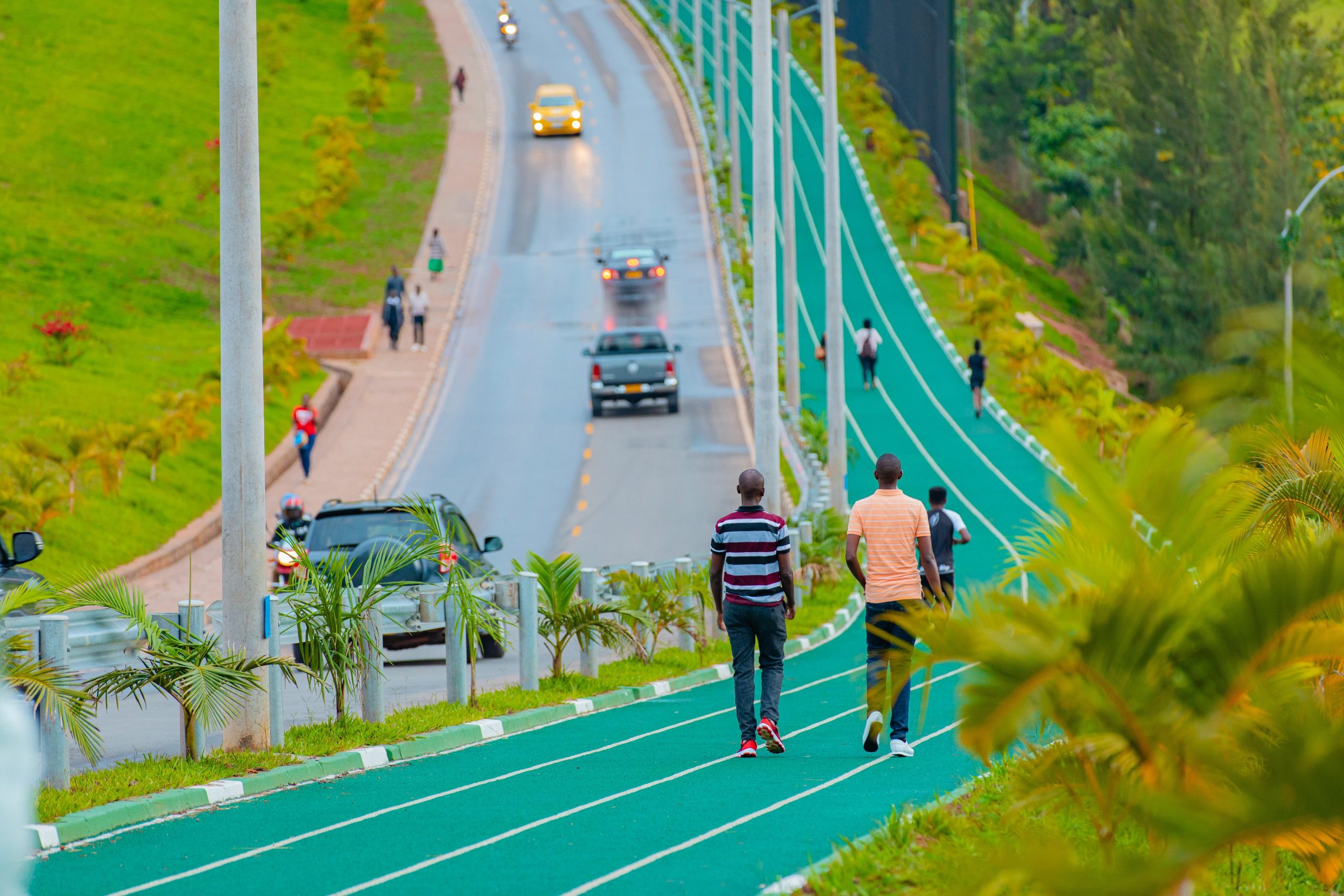



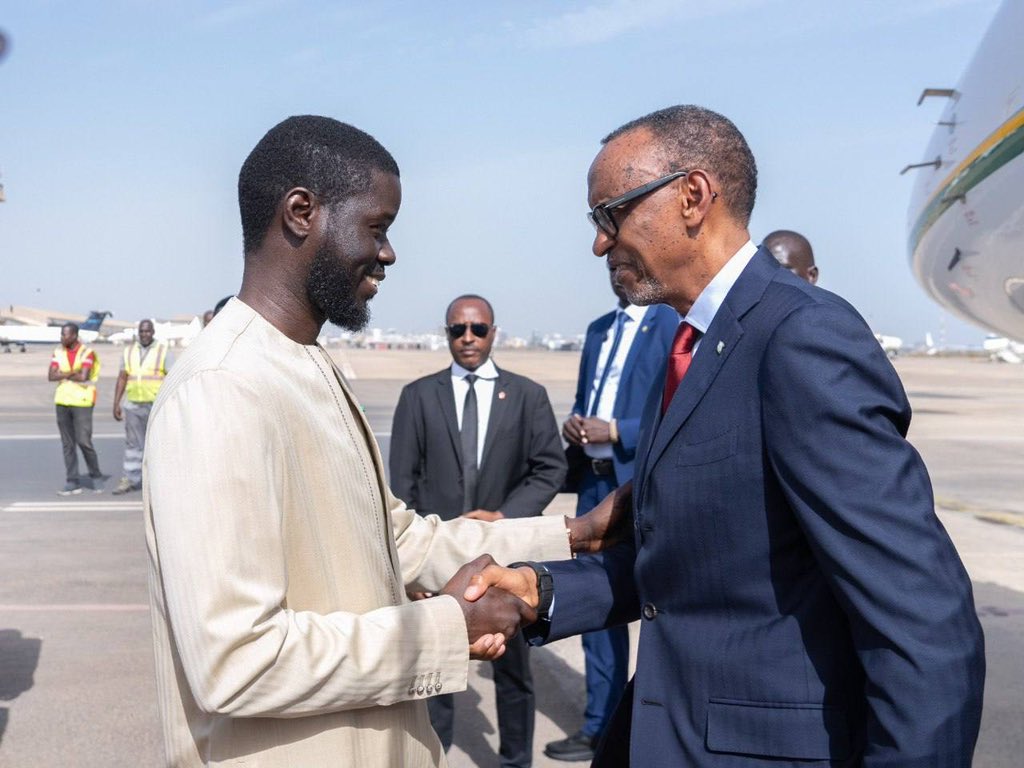
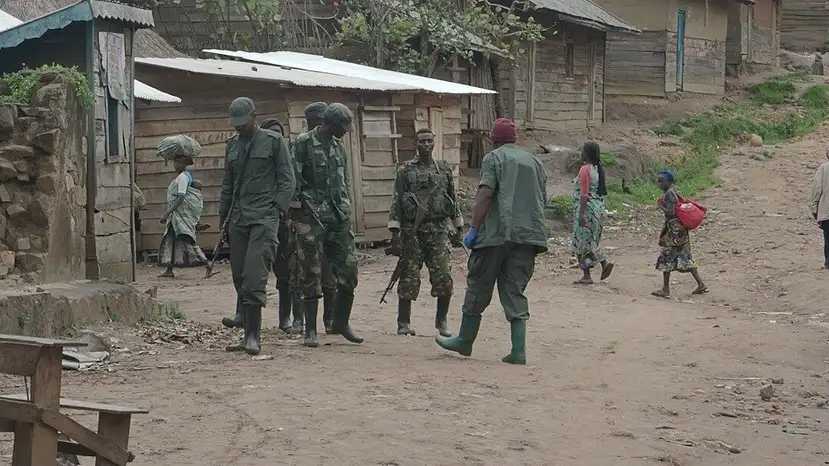
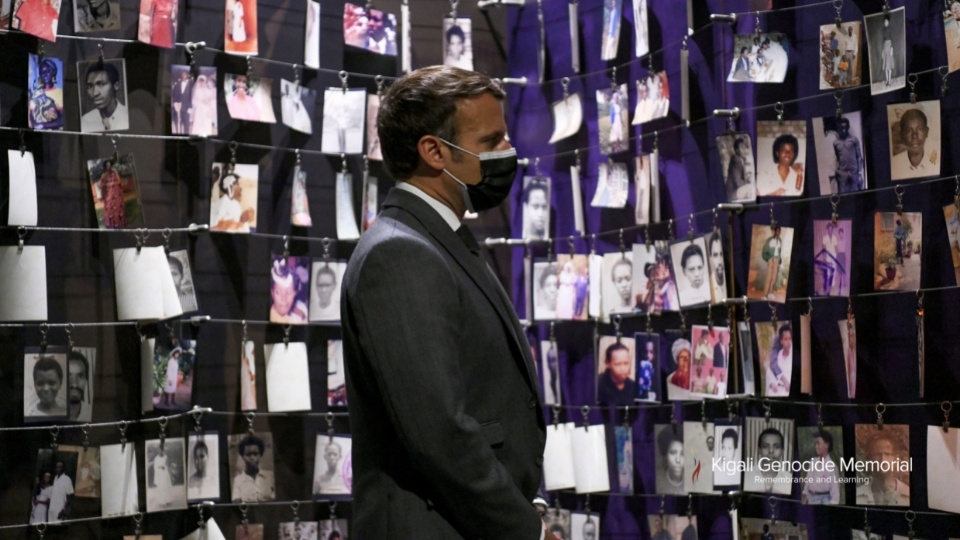
Leave a Reply